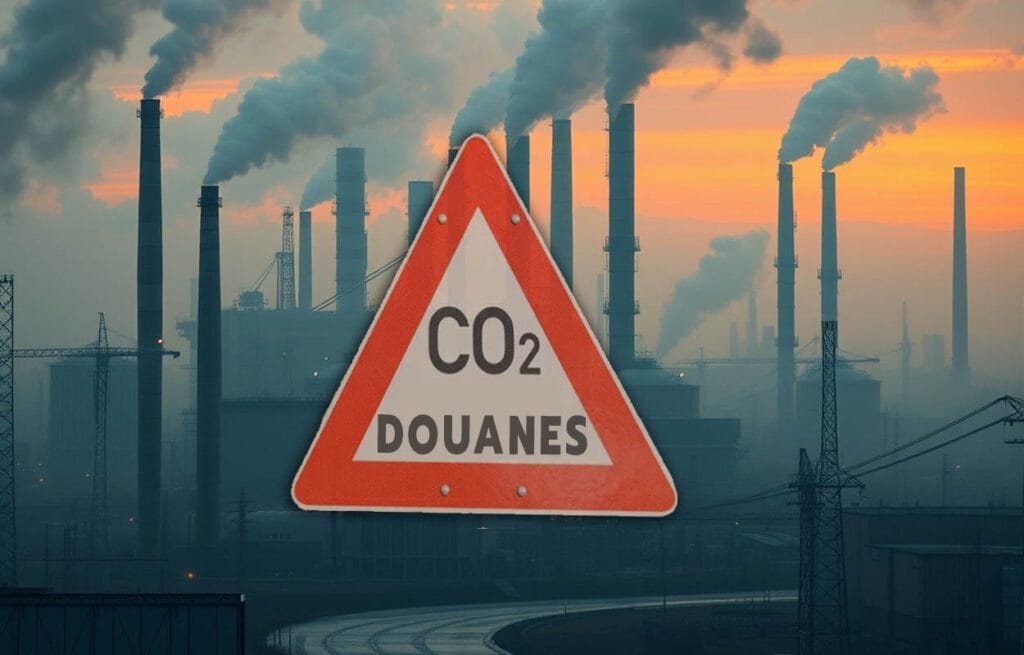The adoption of the carbon tax is a crucial step for the ecological evolution of Morocco, as highlighted in a recent publication “Flash Strategy” by BMCE Capital Global Research (BKGR).
“Although improvable, the carbon tax remains a key tool for ecological transition and its adoption is a crucial step for Morocco’s energy evolution. The success of its implementation requires a proper balance between economic efficiency, social sustainability, and business competitiveness and must be accompanied by a comprehensive and inclusive strategic vision,” BKGR states in this publication titled “Carbon Tax: What Impacts for Morocco?”
According to the same source, the establishment of a carbon tax in Morocco could face certain constraints, particularly related to the high cost of implementation.
“Moroccan industries with high carbon emissions could thus face increased pressure on their operational costs and further compromise their international competitiveness,” explains BKGR.
At the same time, social acceptance represents a crucial challenge as public perception of the carbon tax remains complex, especially for low-income households that would bear the increases in energy costs, emphasizes the pan-African global research office, estimating that the establishment of information campaigns and compensatory measures, such as tax credits or subsidies, would be essential to foster acceptance and ensure a fairer transition.
Furthermore, BKGR reminds that Morocco had adopted an “ambitious” Climate Finance strategy by 2030, which is based on three interconnected pillars: “the establishment of an integrated financial market,” “the promotion of green investments through a tailored offer and attractive projects in terms of return and ecological impact,” and “the exploration of financial innovations, such as Fintechs and carbon markets, to democratize access to green financing and encourage the adoption of sustainable solutions.”
It continues: “In this context, the 2025 finance law provides for the introduction of a carbon tax aimed at reducing the state’s oil bill by directing the energy mix towards more economical and sustainable renewable resources. However, its implementation could be postponed to 2026.”
Based on the “polluter pays” principle, this tax aims to limit CO2 emissions while strengthening public finances, with an estimated contribution of +0.8% of gross domestic product (GDP).
It should also stimulate innovation in the renewable energy sector and encourage more sustainable industrial practices, building on the progress made, such as the Noor Ouarzazate project.
Source [MAP](https://mapecology.ma/actualites/ladoption-de-taxe-carbone-etape-cruciale-levolution-ecologique-maroc-bkgr/)


